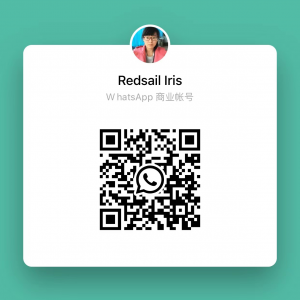What Can Laser Engraving Do for Kuwait: Unleashing the Power of Precision and Personalization
Introduction
Laser engraving has emerged as a powerful technology that combines precision and personalization. Its applications span across various industries and have the potential to significantly benefit Kuwait. This article dives into the capabilities and advantages of laser engraving, exploring how it can revolutionize manufacturing, design, and consumer experiences in Kuwait.
The Power of Laser Engraving in Manufacturing
The manufacturing industry in Kuwait is rapidly evolving, and laser engraving can play a pivotal role in enhancing its capabilities. Laser engraving offers a level of precision that traditional manufacturing techniques often struggle to match. With laser engraving, manufacturers can etch intricate designs, serial numbers, or logos onto a wide range of materials, including metal, plastic, glass, and wood. This enables companies to add value to their products through customization, branding, and traceability.
Furthermore, laser engraving allows for efficient workflow integration. Computer-aided design (CAD) software can seamlessly interface with laser engraving machines, creating a streamlined process from design to finished product. This integration optimizes productivity, reduces human error, and shortens production cycles, ultimately contributing to increased competitiveness in both local and international markets.
Laser Engraving in Design and Artistry
The art and design community in Kuwait can also greatly benefit from laser engraving. Artists and designers can leverage this technology to bring their creative visions to life with unprecedented detail and precision. Laser engraving enables the creation of intricate patterns, textures, and even 3D effects on various materials, pushing the boundaries of what is possible in terms of artistic expression.
Additionally, laser engraving allows for easy replication of designs, empowering artists to produce multiple copies of their works without compromising quality. This opens up new avenues for artists to commercialize their creations, making art more accessible to a wider audience and contributing to the growth of the local art scene in Kuwait.
The Consumer Experience Revolution: Personalization
One of the most significant advantages of laser engraving lies in its ability to provide personalized experiences to consumers. Whether it’s customizing jewelry, electronic devices, or household items, laser engraving can add a unique touch that resonates with individuals on a personal level. This personalization aspect is particularly appealing in a society where individuals value individuality and seek products that reflect their personality and style.
Laser engraving can revolutionize the gifting market in Kuwait as well. Instead of traditional mass-produced gifts, laser engraving allows for thoughtful and customized presents that leave a lasting impression. By engraving names, messages, or designs, each gift becomes a personal and memorable item, enhancing the emotional connection between the giver and the recipient.
FAQs
1. What materials can be laser engraved?
Laser engraving can be performed on various materials, including metal, plastic, glass, wood, leather, and even some fabrics. However, it’s important to consult with a professional laser engraving service provider to ensure compatibility and optimal results for specific materials.
2. What file formats are compatible with laser engraving machines?
Laser engraving machines typically work with vector files, such as .ai (Adobe Illustrator), .cdr (CorelDRAW), or .dxf (AutoCAD). These file formats ensure that the machine accurately interprets the design and produces high-quality engravings. However, converting raster images (e.g., .jpg or .png) into vector formats is also possible with appropriate software.
3. Is laser engraving a time-consuming process?
Laser engraving is generally a fast and efficient process. The time required depends on the complexity of the design, the size of the engraving area, and the material being engraved. However, compared to traditional manual engraving methods, laser engraving offers significant time savings without compromising on precision or quality.
4. Can laser engraving be used for mass production?
Yes, laser engraving can be used for mass production. Laser engraving machines can be programmed to replicate designs on multiple items, ensuring consistent quality across the entire production batch. This makes laser engraving a viable option for manufacturers who require large-scale customization or branding.
5. Are laser engravings permanent?
Laser engravings are highly durable and long-lasting. They are resistant to fading, scratching, and other forms of wear and tear. The depth and quality of engraving produced by lasers ensure that the engravings withstand regular use and stand the test of time.




